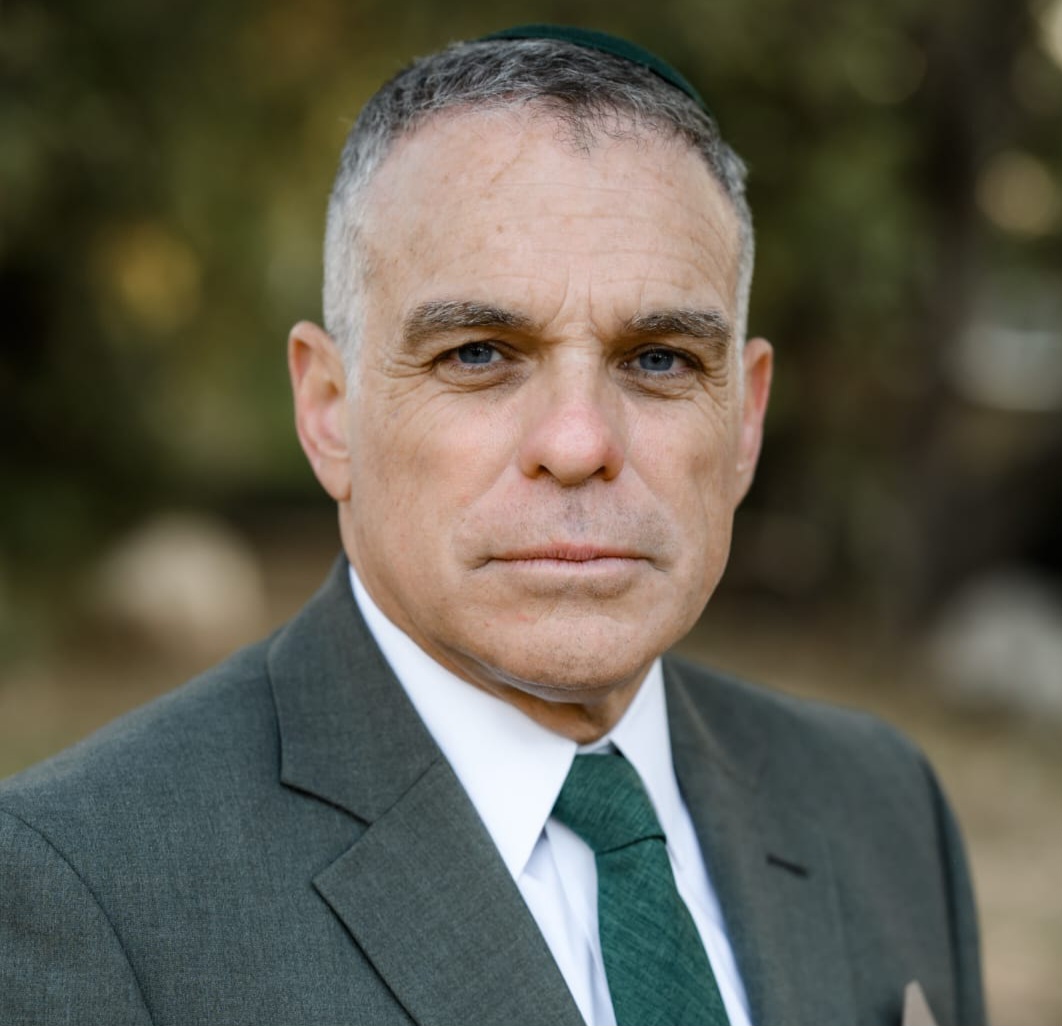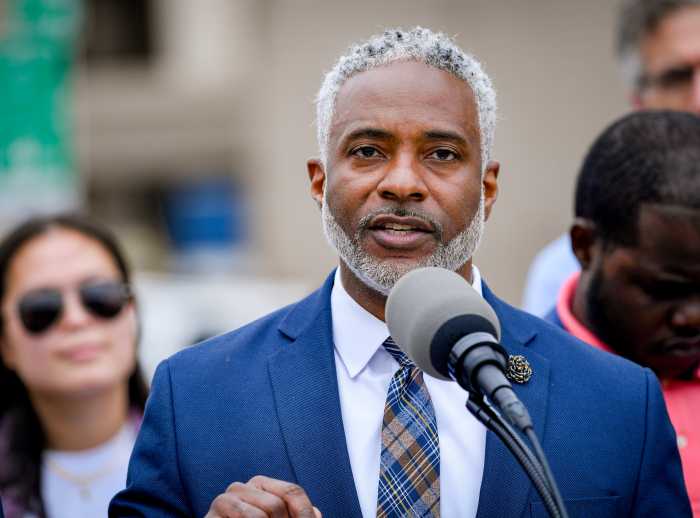When I found myself in New York City recently, I did what many curious travelers do: I searched for something new, meaningful, and unforgettable to take in. The buzz surrounding Anne Frank The Exhibition at the Center for Jewish History was impossible to pass up. It opened this past Jan. 27, the 80th anniversary of the liberation of Auschwitz, and offers a poignant reminder that memory is not just something we preserve but something we must actively carry forward.
The exhibition invites us into Anne’s world with clarity, sensitivity, and care. But perhaps what struck me most during my visit was not Anne’s story but that of her father, Otto.
When Otto Frank returned to Amsterdam in the summer of 1945, he carried with him six months of desperate hope, uncertainty, and loss. Liberated from Auschwitz, he had traveled back to the city where he’d brought his family in 1933, fleeing Nazi persecution. Along the way, he learned that his wife Edith had perished. He held on to hope for his daughters, Anne and Margot. That hope was extinguished after his return, when he learned that both girls had died in Bergen-Belsen just weeks before liberation.
It is difficult to fathom the psychological weight Otto bore in those months—a father suspended between hope and horror, longing and dread. For two years, he had helped his family hide in a cramped annex above an office building. After their arrest, he endured Auschwitz, always wondering whether they were alive, imagining the moment of reunion.
That wait—heavy, helpless, endless—is not just a chapter in the past. It is echoing in our own time.
For nearly 18 months after Oct. 7, 2023, Yarden Bibas—a young Israeli husband and father—waited in unbearable uncertainty, not knowing the fate of his wife Shiri and their two children, a toddler and an infant, Ariel and Kfir. Yarden himself was taken hostage, separated from his family, fed conflicting reports about the circumstance of his family, and denied news of their actual fate. Released over a year later, Yarden emerged into a world that had moved on without answers. He waited in public agony, hoping for a reunion that never came. Eventually, the worst was confirmed: His wife and children had been killed.
That wait, that anguish, drew a chilling parallel to Otto Frank, the sole survivor of the eight people hidden in the Secret Annex, who returned from Auschwitz desperate to reunite with his wife and daughters. Like Yarden, Otto held on to hope, waited for news, and ultimately confronted the unspeakable.
The comparison between Otto and Yarden is not about historical equivalence. It is about emotional experience—about what it means to be a father torn from his children, stripped of the power to protect them, and left with only questions and unbearable silence all because they were Jewish.
Otto Frank made a choice. After learning of Anne’s death, he secured her diary, preserved by Miep Gies, and endeavored to share it with the world—not as a monument to his loss, but as a cry for moral responsibility. “Even now,” Otto said in 1973, “there is in our world a lot of prejudice leading to discrimination and every one of us should fight against it in his own circle.”
His words carry an almost prophetic relevance today. The trauma of October 7th — and the fate of the Bibas family — unleashed not only personal devastation but a disturbing wave of global reaction: Jewish students were targeted on college campuses; antisemitic speech was normalized; even voices in public life rationalizing or excusing the violence.
Otto Frank understood that remembrance is not passive. It is a discipline of empathy and a call to action. He insisted that the personal is political, that grief must compel change. His daughter’s writings became a moral anchor not only for Jewish memory but for universal conscience.
We have a responsibility to tell the story of the Frank family and the Bibas family to ensure that neither Margot nor Ariel, Anne nor Kfir, Edith nor Shiri, Otto nor Yarden, are forgotten. We must demand that the world they dreamed of—one of dignity, safety, and peace—is one we continue to work toward every single day.
We remember them—not to compare pain but to recognize its echoes. The torment of these two families is not isolated—it is a warning, a reminder, and a call to conscience.



































